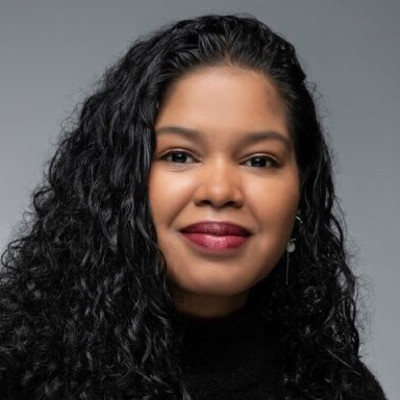 As someone who did not jump straight into graduate school after undergrad, the work experience I gained during the four years in between degree programs informed my perspective and broadened my outlook in important ways. Once I began the MBA/SID program here at The Heller School, I routinely drew on these previous experiences during classroom discussions, course assignments, and group projects. A lot happened for me during the gap years in between my undergraduate and graduate school studies, but the most impactful experiences were the two years I spent as a Youth Development Volunteer in Peace Corps Morocco and the two years I spent supporting a network of legal aid organizations as an AmeriCorps VISTA in Chicago. My AmeriCorps experience, in particular, positioned me well for my studies at Heller.
As someone who did not jump straight into graduate school after undergrad, the work experience I gained during the four years in between degree programs informed my perspective and broadened my outlook in important ways. Once I began the MBA/SID program here at The Heller School, I routinely drew on these previous experiences during classroom discussions, course assignments, and group projects. A lot happened for me during the gap years in between my undergraduate and graduate school studies, but the most impactful experiences were the two years I spent as a Youth Development Volunteer in Peace Corps Morocco and the two years I spent supporting a network of legal aid organizations as an AmeriCorps VISTA in Chicago. My AmeriCorps experience, in particular, positioned me well for my studies at Heller.
Although there are many different AmeriCorps programs (including City Year, NCCC, AmeriCorps State and National), I chose AmeriCorps VISTA because it was the only AmeriCorps program that was focused on capacity building instead of providing direct service. The goal of direct service is, for example, to have volunteers teach and mentor students. In contrast, a volunteer focused on capacity building improves an organization’s ability to provide these teaching and mentorship services by developing a database of mentors, writing an education curriculum, forging new partnerships, and identifying sustainable sources of funding.
As an AmeriCorps VISTA Leader at Legal Aid Chicago, I was part of the Program Administration Team that managed a collaboration among a network of nine different legal aid organizations throughout the state of Illinois. Each of our organizations focused on access to justice work – helping low income individuals and minorities navigate the legal system – but with a slightly different focus. Part of my role was to recruit and onboard the annual cohort of 45 AmeriCorps VISTA Members who would be assigned to various projects throughout our nine partner organizations. AmeriCorps VISTA Members played important capacity building roles during their one year of service that enabled these organizations to provide services more efficiently and to a larger number of beneficiaries. My experience in the AmeriCorps program gave me first-hand exposure to how nonprofit organizations can advance a social justice mission.
Once I began researching master’s degree programs, I quickly recognized that I didn’t know which city or state I wanted to end up in after graduation. To give myself some solid options, I felt it would be the most strategic for me to attend a school in the northeast that would allow me to build a network close to the major city centers of Boston, New York, and Washington D.C. Massachusetts has a strong reputation for its education quality and academic rigor, so I focused my search on Massachusetts schools that offered tuition assistance to Returned Peace Corps Volunteers and AmeriCorps alumni. This of course meant that I would be starting over again in a new city. The Heller School appealed to me, in particular, because it attracts such a large population of National Service program alumni, including folks who served in City Year, Teach for America, AmeriCorps, and Peace Corps. I knew that regardless of who ended up being a part of my cohort, I could easily make a community among the other National Service alumni.
In my classes at The Heller School, I learned about the management of mission-driven organizations and worked through case studies that helped me better understand the dynamics that I had witnessed as an AmeriCorps VISTA Member. My courses at The Heller School helped me understand what it takes for mission-driven organizations to become sustainable and they can avoid management pitfalls that endanger their ability to carry out their mission. As someone who is on a trajectory to enter the federal workforce, I am excited to take the strategies I’ve learned for advancing social justice and strengthening mission-driven organizations into this space to ensure that federal programs can better partner with and support the many local organizations doing the work on the ground to serve the American people.
